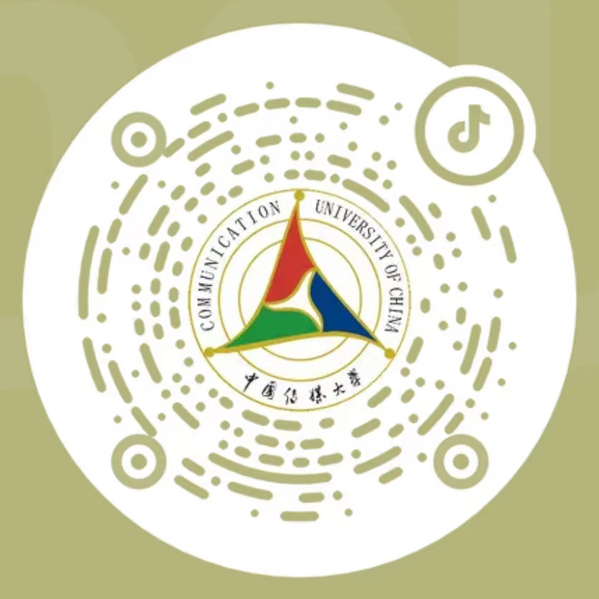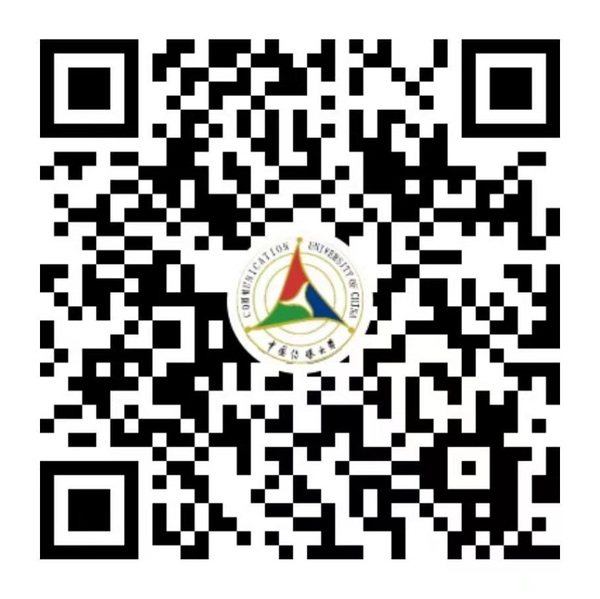(Reporter Tong Tong) On May 18, the performance evaluation meeting of the new generation of artificial intelligence national science and technology major project Research and Application of Key Technologies of Anthropomorphic Human-Computer Interaction for Government Affairs was successfully held at Tiangong Building, No. 30 Xueyuan Road, Haidian District, Beijing. This project is led by Hangzhou Zhongruan Anren Network Communication Co., Ltd., and Professor Zhang Pengzhou, Dean of the Internet Information Research Institute of the State Key Laboratory of Media Convergence and Communication of Communication University of China, is the project leader. The participating units include Communication University of China, Fudan University, and Beijing University of Science and Technology. This is the first time that Communication University of China has undertaken a major national artificial intelligence project.
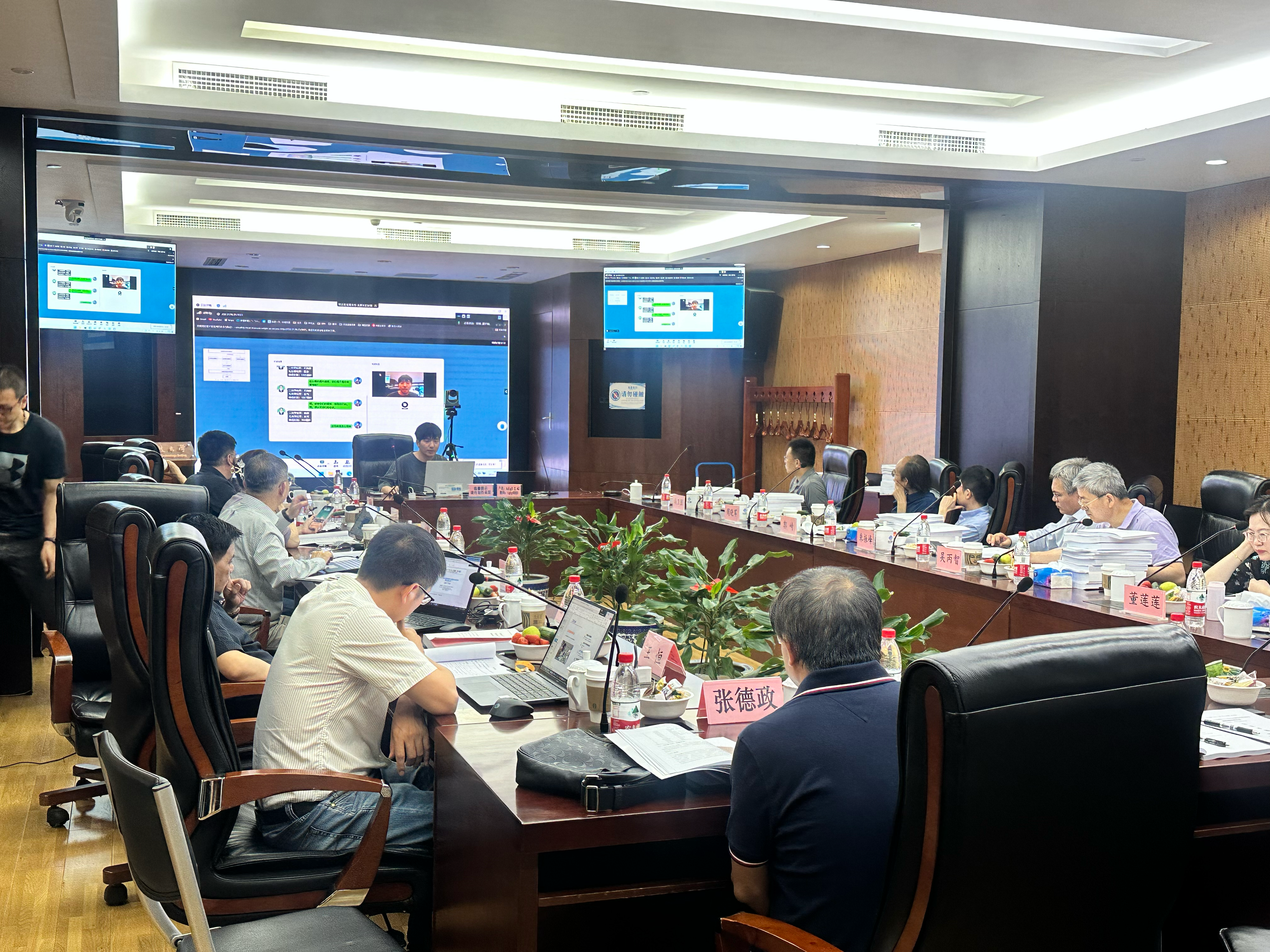
More than 40 people attended the meeting, including Professor He Liang (responsible expert) from East China Normal University, Professor Huang Heyan from Beijing Institute of Technology, Researcher Zhang Wensheng from the Institute of Automation of the Chinese Academy of Sciences, Professor-level senior engineer Cheng Desheng from the leading unit Hangzhou Zhongruan Anren Network Communications Co., Ltd., Director Luo Zhen from the Information Center of the Ministry of Human Resources and Social Security, and core team members from various projects such as the General Administration of Customs and the National Tax System.
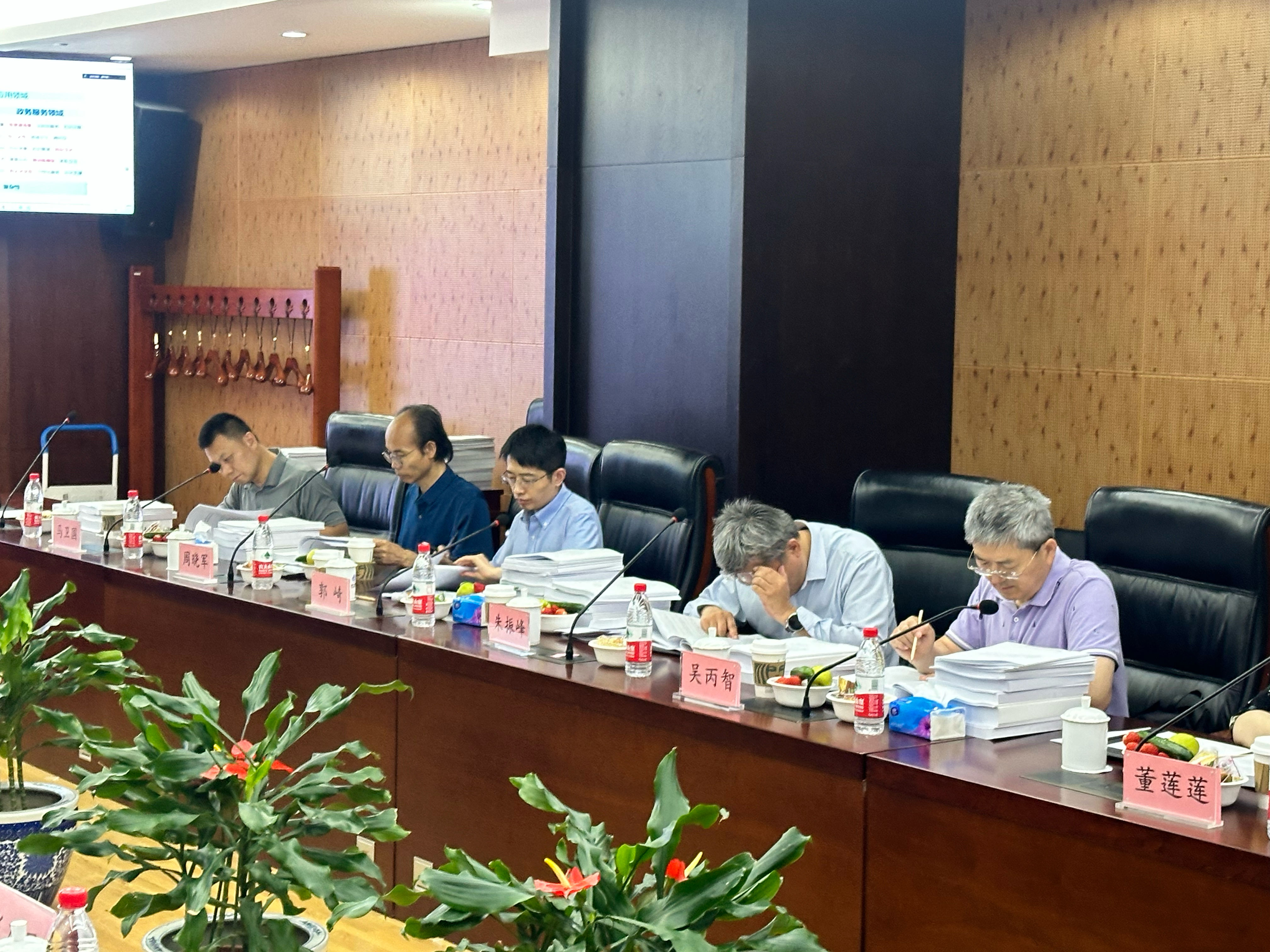
In the first phase of the meeting, the project leader, Dean Zhang Pengzhou of Communication University of China, briefly reported on the research background, overall framework and current completion of the project, and on behalf of Project 1, reported in detail the main research results of Cross-modal multimedia semantic understanding and key technologies for human-machine collaboration, which has achieved remarkable results in the robot-human multimodal interaction interface. The results of Project 1 in spoken speech recognition and synthesis, face recognition technology and multimodal sentiment analysis were also demonstrated on site.
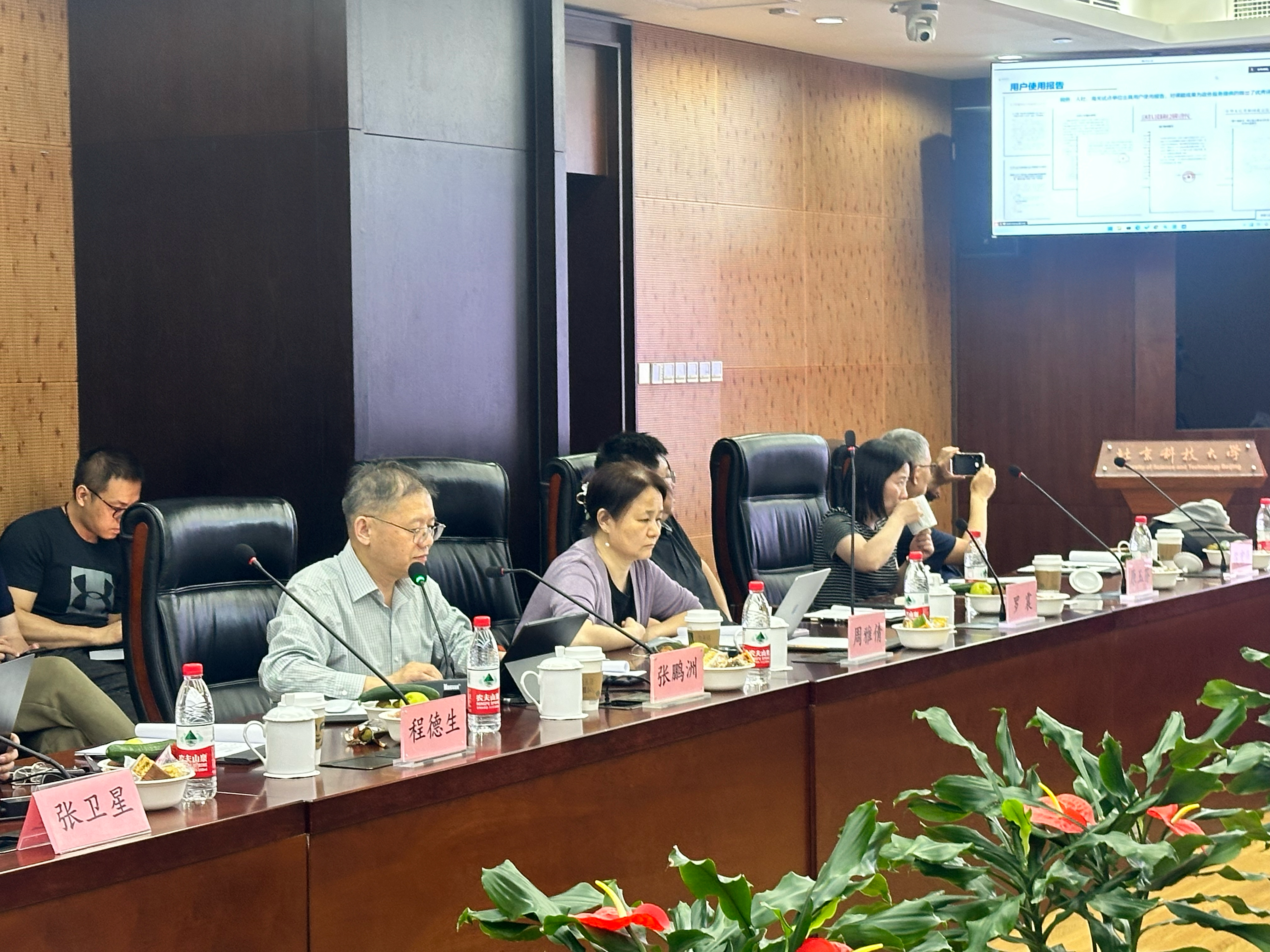
In the second stage, Professor Zhou Yaqian from Fudan University, on behalf of Project 2, gave a detailed explanation of the main research results of the key technology project of knowledge-driven anthropomorphic multi-round dialogue, and demonstrated the major breakthrough in the multi-round dialogue capability supported by the intention recognition technology based on the domain big model jointly researched with Hangzhou Zhongruan Anren.
In the third stage, Professor Wang Heng from the University of Science and Technology Beijing introduced the main research results of the key technology project of complex domain knowledge transfer for low-resource scenarios on behalf of Project 3, and demonstrated its core technical capabilities in knowledge extraction and production. This project effectively solved the new policy 7-day problem that has long plagued the customer service field.
In the fourth stage, Professor Zhang Weixing from Hangzhou Zhongruan introduced the technical route and main achievements of the Open Intelligent Customer Service Platform and Application Demonstration based on the microservice architecture on behalf of Project 4. In particular, the anthropomorphic human-computer interaction technology and operation and maintenance for public services have been componentized and widely applied in taxation, human resources and social security, customs, mayor's hotline and other fields. The application of these artificial intelligence achievements has innovated the government service model, reduced operating costs, and improved the quality and efficiency of customer service. The application has been highly praised by users.
The fifth stage was the expert questioning session. Professor He Liang emphasized that the project acceptance is to prepare for the final acceptance of the entire project, and pointed out the close connection between the current demonstration and the overall goal of the project. Researcher Zhang Wensheng deeply explored the innovations of speech synthesis algorithms in three different scenarios, especially the progress in speech recognition and noise recognition technology, and discussed how these innovations are reflected through patents and papers. Researcher Guo Qi emphasized the importance of processing in high noise and dynamic environments, and suggested that these technical difficulties and challenges be more clearly presented in the project report.
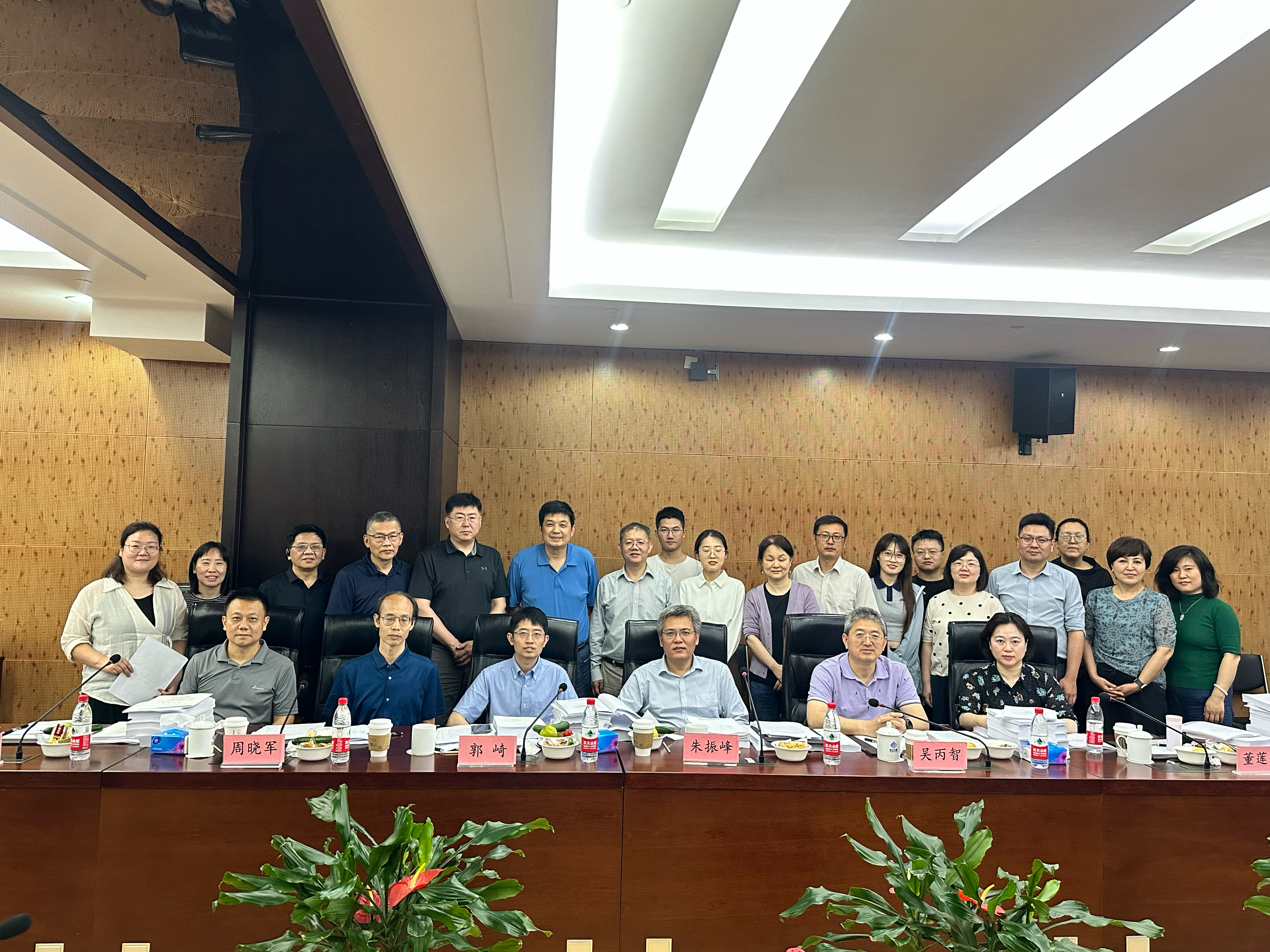
The experts reviewed the core research results, recognized the research progress and important results of the project, and put forward constructive suggestions to further promote the project acceptance. The expert group also focused on discussing the key technical innovation results and test reports of the project, and put forward specific opinions and suggestions, encouraging the project team to strengthen the preparation of supporting materials for the project results and the visualization of key technical results. Finally, the expert group discussed and formed a demonstration opinion, unanimously agreed that the completion of each project was in line with the requirements of the task book, and agreed to pass the performance evaluation of each project.



